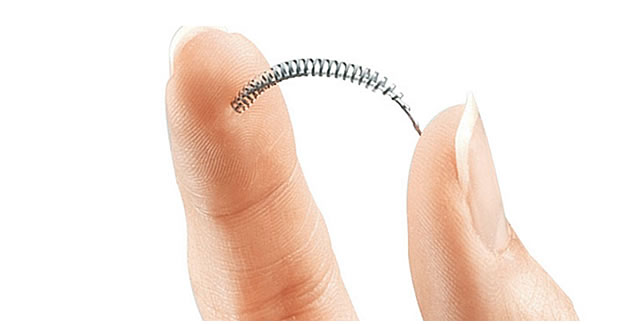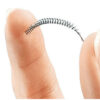Bayer will stop selling Essure, a permanent birth control device, by the end of the year. Why? Because of patients reporting dangerous adverse events.
At MedShadow, we not only encourage researching the side effects of medicines, but also reporting them, whether to your doctor, pharmacist and/or the FDA. Only when such reports by patients are made can something be done, whether it’s warnings about drugs placed on labeling or even something more drastic.
The recent announcement by Bayer that it will stop selling its Essure permanent birth control device by the end of the year is a prime example of the power of patients to help keep a dangerous product off shelves.
For those unfamiliar with the birth-control device Essure, its approval was fast-tracked by the FDA back in 2002, as it was seen as a safe alternative to surgical sterilization. However, by 2015, the number of adverse events reports related to Essure was massive -– more than 17,000 reports. The side effects included severe abdominal pain, tears along the fallopian tubes where Essure is inserted, cysts, tumors, fatigue and bowel control issues. There are even reports of the device, which is made of nickel, migrating into the pelvis and abdomen.
The FDA Heard Patient Voices
The FDA did take action in response. The agency did its own review of those reports and confirmed that there are risks associated with Essure. Early last year, the FDA also required a boxed warning be placed on Essure’s labeling to call attention to the risks, requiring a “patient decision checklist,” as well as mandating a clinical study to better determine the risks associated with the device.
Those additional requirements may have signaled the beginning of the end for Essure, at least in the US. The FDA recently said that since it released that early 2016 notice, Essure sales plummeted by about 70%. In a news release announcing it would stop selling Essure by the end of the year, Bayer conceded that its Essure business “is no longer sustainable.”
The company said it still stands by the safety and efficacy of Essure. And in perhaps a bit of PR spin, it blamed the decline in the device’s use on other factors, such as a decline in the overall use of permanent contraception, increasing use of other birth control options and “inaccurate and misleading publicity about the device.”
Taking Essure away as a birth control option for women is a victory for patients. And it is also a reminder that patients must be vigilant in reporting side effects if they experience them. Don’t be afraid to talk to your doctor if you experience any. And certainly don’t hesitate to report them to the FDA.
How to Report a Side Effect
Reporting a side effect to the FDA isn’t a difficult as you might think. Simply go to the FDA’s MedWatch page to submit a report. It doesn’t take that long. MedShadow even made a video explaining how to do it. In the process, you are helping out other patients, and could be making the FDA more aware of a potentially dangerous drug or device.






